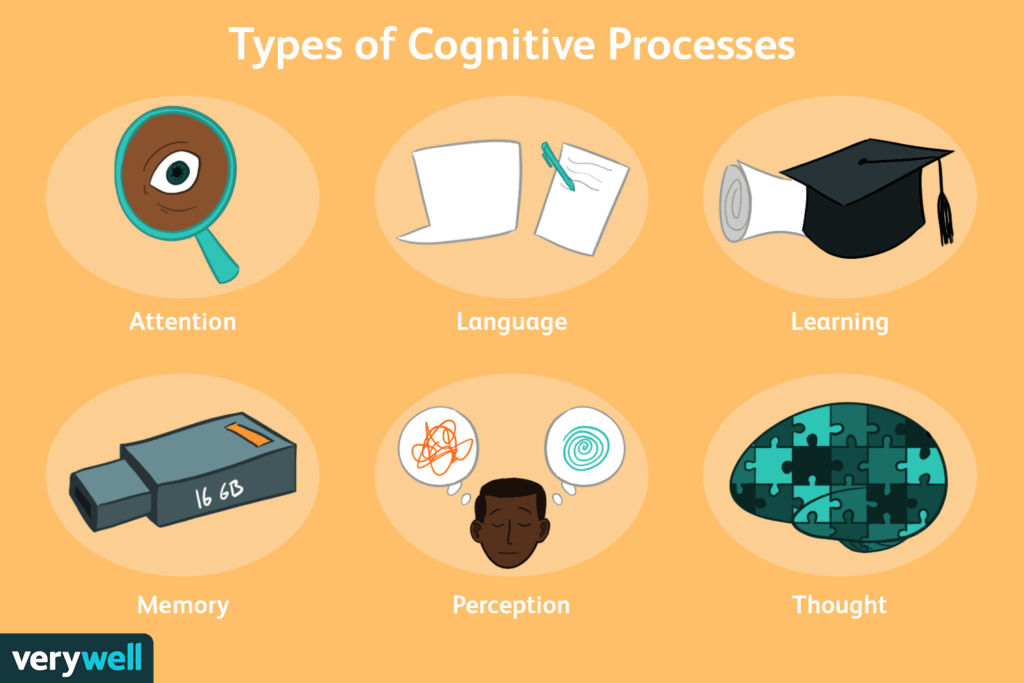Understanding Behaviour: A Cognitive Approach
This academic year, psychology students are exploring three approaches to understanding behaviour: the biological approach, the cognitive approach, and the sociocultural approach. In a previous blog post, I outlined the first unit – the biological approach to understanding behaviour. Today I will outline their current unit – the cognitive approach. Then, in spring of the new year, I will outline the final psychology unit of this academic year – the sociocultural approach to understanding behaviour.
A Cognitive Approach to Understanding Behaviour
The psychology subject guide tells us that “the cognitive approach to behaviour views human beings as processors of information much in the same way as a computer processes information. The cognitive approach to behaviour focuses on areas of research such as schema processing, memory processing, and thinking, and how cognition may influence behaviour.
Researchers are also interested in the extent to which cognitive processes are reliable, for example, in relation to thinking and memory. How cognitive processes may be affected in the modern digitalized world is an emerging field within the cognitive approach to behaviour.
Cognitive processes are often influenced in complex ways by emotions. The influence of emotions on cognitive processes is studied not only by cognitive psychologists, but is developing as an area of interest for cognitive neuroscientists as well as social psychologists.
Research methods in the cognitive approach to understanding of behaviour rely on experiments and brain imaging technologies as well as qualitative approaches to understanding everyday memory and thinking, making the cognitive approach an example of the holistic approach to understanding human behaviour.”
Specifically, in the cognitive approach unit, students will learn about topics/ concepts such as:
- Cognitive processing
- Multi-store memory model
- Working memory model
- Schema theory
- Thinking and decision-making
- Biases in thinking and decision-making
- Reconstructive memory
- Emotion and memory
- Emotion and decision-making
- The impact of technology on cognitive processes

Careers in Cognitive Psychology
Cognitive Psychology is a growing field of study with many professional opportunities that students can pursue. According to the American Psychological Association (APA), here is an overview of what students can do in the field of cognitive psychology:
“Most psychologists working in brain science and cognition spend their careers in a university setting where they teach or conduct research or both. However, there has been significant growth in other areas, such as human-computer interaction, software development and organizational psychology. This growth has opened new job opportunities in the private sector.
Cognitive psychologists can also work in clinical settings to help treat issues related to human mental processes, including Alzheimer’s disease, speech issues, memory loss, and sensory or perception difficulties. These psychologists will often work in government and private research centers and treatment facilities, such as hospitals and mental health clinics, and as consultants or expert witnesses for court cases. Private practice is also an option for psychologists working in this field.”




